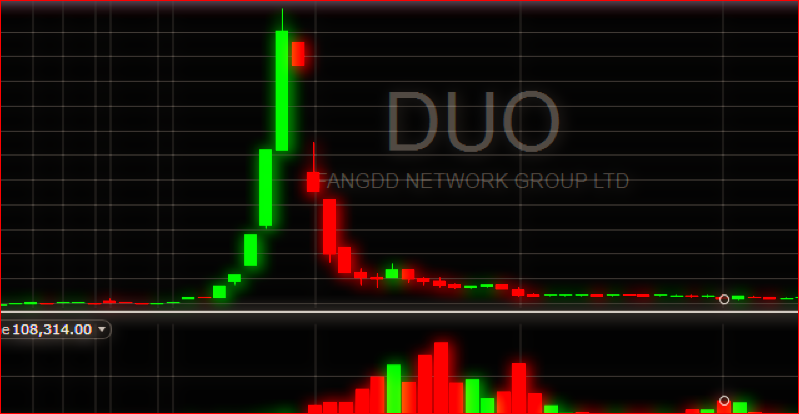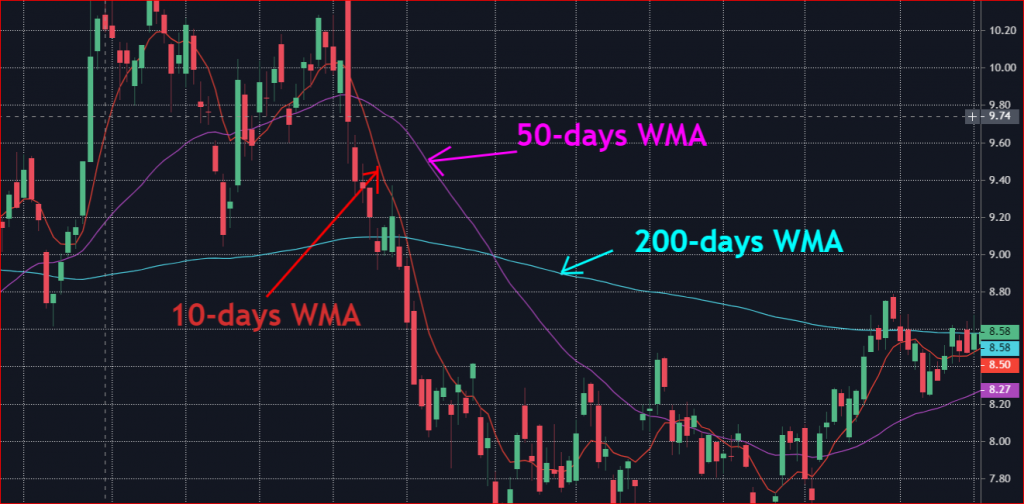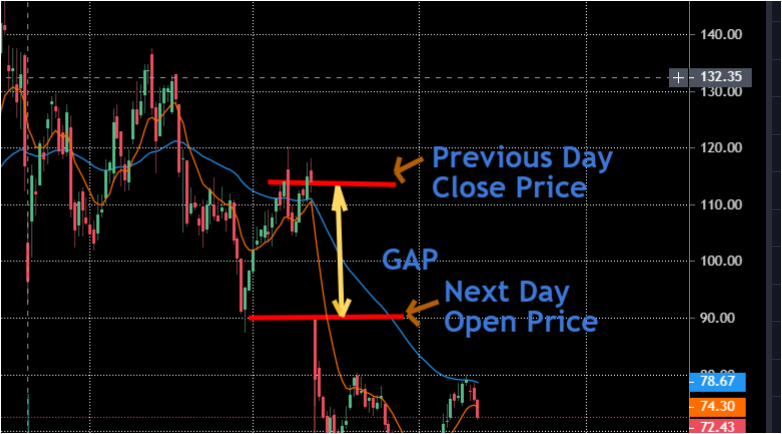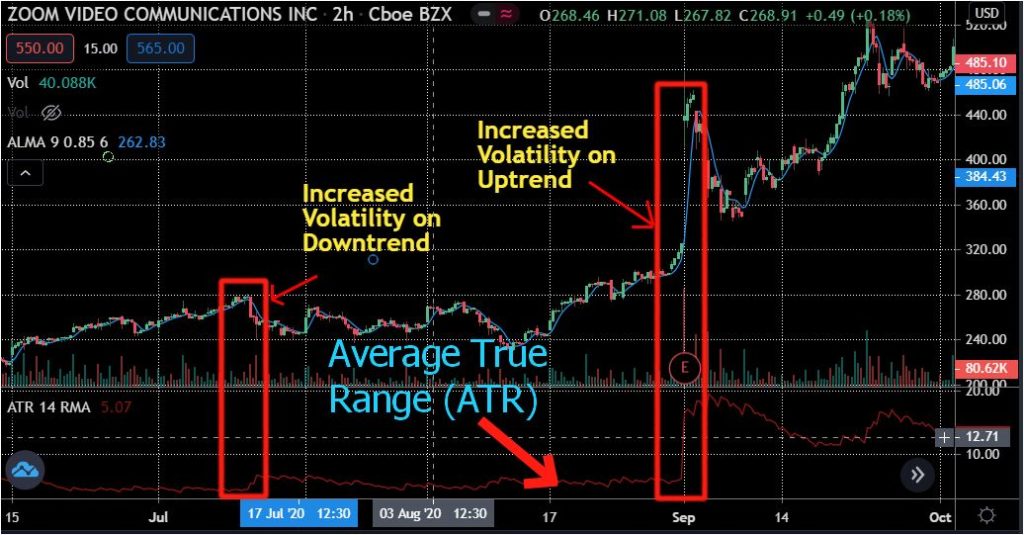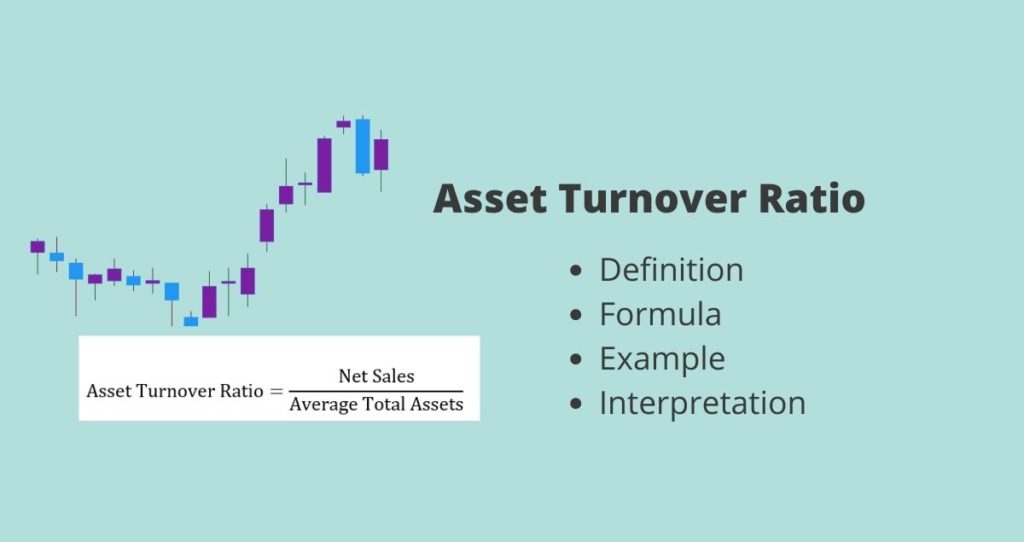An exchange is a centralized marketplace where derivatives, stocks, and other securities are bought and sold, according to Investopedia. Market exchanges ensure fairness and transparency for all transactions.
How do market exchanges work?
The primary function of market exchanges is to connect buyers and sellers.
When a buyer places an order to buy shares of a company, for example, exchanges will check to see if there is a seller(s) who is willing to sell those shares at the price the buyer wants. Once a match is found, a trade will happen. In order words, the buyer will receive the shares he/she wants and the money will go to the seller directly.
The price of a stock will update as thousands or millions of its shares are bought and sold at different prices.
If investors are optimistic about the stock’s current or future value, the price will increase. On the other hand, if investors are not in favor of the stock, its value will decline.
Stock exchanges in the USA
1. New York Stock Exchange (NYSE)
The New York Stock Exchange is the largest stock exchange in the world and it is based in New York. The hours of operations are Monday to Friday from 9:30 AM to 4:30 PM ET.
2. Nasdaq : National Association of Securities Dealers Automated Quotation system
The Nasdaq was the first exchange to allow buying and selling shares of stocks and other securities to be conducted electronically. The Nasdaq is also an index that tracks the performance of economic sectors. The index section of Nasdaq is known as the Nasdaq Composite and it tracks almost all stocks listed on the Nasdaq stock exchange.
3. Chicago Board Options Exchange (CBOE)
The CBOE is the largest US options trading and it was founded in 1973. The following are some of the trading contracts that are traded on the CBOE.
- LEAPS
- Stock Options
- Index Options
- Foreign currency options
More US Exchanges

- Miami Stock Exchange (MS4X): Located in Miami, Florida
- Philadelphia Stock Exchange (PHLX): Located in Philadelphia, Pennsylvania
- Boston Stock Exchange (BSE): Located in Boston, Massachusetts
- National Stock Exchange (NSX)
- International Securities Exchange (ISE)
Benefits of exchanges
Exchanges provide a safer and fair market environment where buyers and sellers interact without conflicts of interest. By doing this work, exchanges maintain a stable and strong economy. Companies and securities listed on these exchanges also benefit greatly as exchanges maintain the companies’ true values, reduce volatility, and help them to reach more customers.




